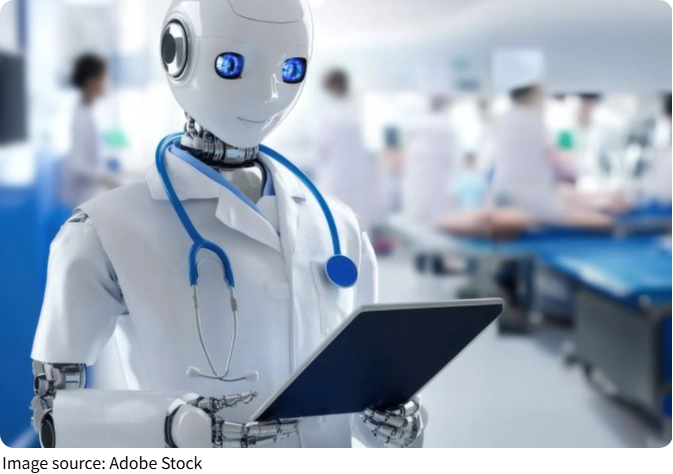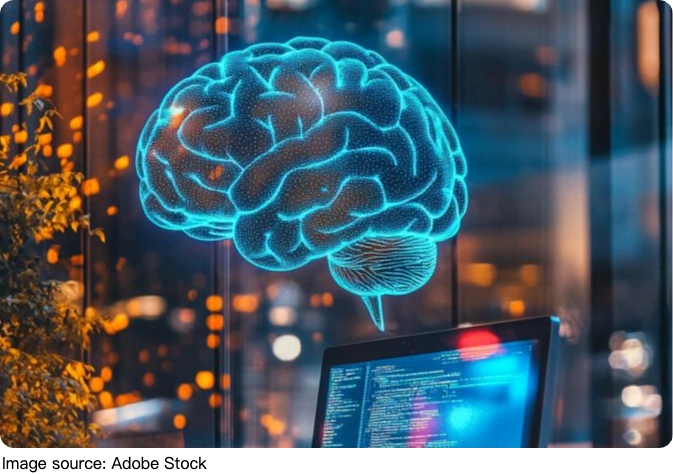AI Work and Ethics

Artificial intelligence (AI) has become a defining technology of our era, transforming industries, enhancing productivity, and reshaping daily life. But how does AI really work?
More importantly, what ethical questions arise as machines increasingly make decisions that affect humans on profound levels?
This article explores the intricate mechanisms behind AI's functioning and highlights the critical ethical issues society must address to harness AI responsibly.
How Does AI Operate?
At its core, AI systems learn from data and make decisions based on complex algorithms. AI begins by collecting vast amounts of data—in forms such as images, text, audio, or numerical values—which machines organize and categorize. Using techniques like machine learning, AI identifies patterns within this data, allowing it to predict outcomes or classify new inputs. For example, supervised machine learning trains models on labeled datasets to recognize objects in photos or detect spam emails, while unsupervised learning finds hidden relationships in unlabeled data.
A sophisticated AI often involves deep learning, which simulates networks of artificial neurons like those in the human brain. These networks process data through multiple layers, enabling AI to understand complex features such as faces, speech, or language nuances. Reinforcement learning further allows AI to learn via trial and error, receiving feedback to improve tasks like robotics or game playing.
The Cycle of Learning and Improvement
AI's strength lies in its ability to learn continuously. After processing data, AI evaluates outcomes—determining if predictions were accurate or if errors occurred. If an outcome is unsatisfactory, AI adjusts its algorithmic parameters and repeats the cycle, refining performance over time. This adaptability supports advances in areas like personalized recommendations, medical diagnosis, and autonomous driving.
Ethical Challenges AI Presents
As AI integrates deeper into society, it raises pressing ethical concerns. One major issue is bias; AI models often learn from historical data that may reflect societal prejudices, leading to unfair treatment in hiring, lending, or law enforcement. Ensuring fairness requires transparent training data, bias detection, and inclusive development processes.
Privacy is another core challenge. AI systems frequently handle sensitive personal information, making data security and consent paramount. Misuse or unauthorized access risks eroding public trust and could harm individuals.
The automation power of AI threatens job displacement across sectors, posing economic and social questions about workforce transitions and equitable opportunity. Moreover, decision-making by AI—sometimes opaque due to complex models—raises issues of accountability. Who is responsible when AI causes harm? Clear regulatory frameworks are needed to assign and manage liability.
Balancing Innovation with Responsibility
Addressing AI's ethical dilemmas requires collaboration between technologists, policymakers, ethicists, and the global community. Principles such as transparency, fairness, accountability, and human-centered design must guide AI development. Efforts like independent audits, AI explainability research, and robust legislation aim to align AI advancements with societal values.

Looking Ahead: AI in Society
AI will continue to evolve, offering immense benefits alongside complex challenges. How will we ensure AI serves humanity's best interests? What roles should governments and corporations play in regulating AI? And how can individuals stay informed and engaged in shaping AI's future?
Reflecting on AI's Impact
Have you ever interacted with AI without realizing it? How do you feel about machines influencing decisions in healthcare, finance, or your personal life? By understanding AI's workings and ethical stakes, we can better participate in conversations that define the balance between innovation and human values.
Artificial intelligence is much more than technology; it is a societal force demanding thoughtful stewardship. The choices made today will determine whether AI becomes a tool for empowerment or a source of new inequalities. Are we ready to navigate this brave new world responsibly?


